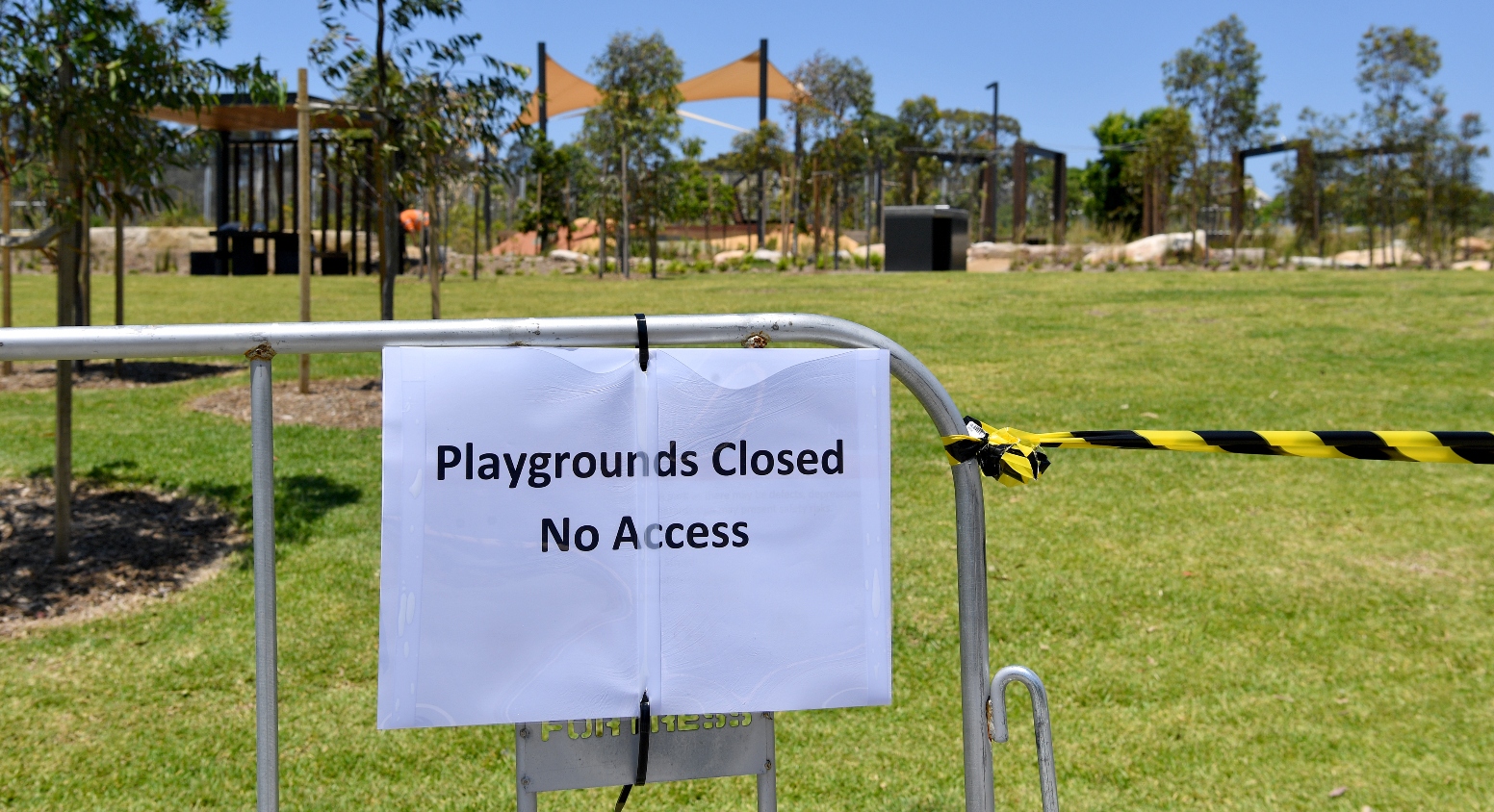
Ground shifts under tenancy laws
BY LANIE TINDALE
New tenancy reforms introduced by the NSW government have no addressed ‘no grounds’ eviction laws.
The Inner West Council and inner west advocacy groups have expressed support for tenancy reforms proposed by better regulation minister Matt Kean but say landlords should not be able to evict tenants without a reason.
The reforms that were introduced include the ability for tenants to make minor alterations to their house, minimum standards to make a home habitable and provisions allowing domestic violence victims to end a lease immediately.
Minister Kean told City Hub he believes the reforms “strikes the right balance between protecting tenant rights, while also protecting a landlord’s investment.”
The current residential tenancy act allows landlords to terminate a periodic lease with 90
days’ notice. A fixed term lease cannot be terminated with no grounds.
Inner West Mayor Darcy Byrne has joined calls to end ‘no grounds’ evictions. He said the story of evicted long-term Leichhardt residents demonstrated his concerns about ‘no grounds’ evictions.
“Many of them are on pensions and for some their physical ailments made it impossible to work and equally impossible to find somewhere new to live in such a short time frame. One gentleman had to leave the country he has called home for 45 years to live with his family in New Zealand.
“This is what’s wrong with rental law, and while the Government’s changes are a good step in the right direction, the changes mean little if renters aren’t also protected from unfair evictions.”
Nicole Kennedy from the Redfern Legal Centre said that the laws “creates a power imbalance where tenants are forced to live in substandard conditions rather than risk asking for repairs.
“No grounds evictions can affect any renter; however, these provisions have an even greater impact on people living in social and community housing,” Nicole Kennedy says.
“Social housing is designed as a safety net for the most vulnerable tenants in our society, including people with disabilities, the elderly and low-income families. When renters in these properties face sudden eviction, inevitably they are ejected straight into homelessness.”
The NSW Aboriginal Tenant Advice and Advocacy Service [ATAAS] also wants an end to no grounds evictions but welcomes the reforms proposed, “especially better protection for survivors of domestic violence against financial harm.”
“However, many of these reforms will be ineffective because a tenant and their families can still be evicted from their homes if they attempted to enforce them,” a spokesperson said.
The spokesperson said no ground evictions potentially impacts Aboriginal and Torres Strait Islanders disproportionately.
“It is extremely difficult for Aboriginal people to get a rental property in the private sector and the no grounds termination is yet another way that can be used to evict Aboriginal people once their cultural heritage is known or becomes evident …”
ATAAS said “Aboriginal tenants will more often than not, not raise tenancy matters”, such as repair or maintenance concerns, “due to a fear of retaliation”, such as having their lease ended.
A letter calling for an end to ‘no grounds’ evictions was signed by 45 housing researchers and published in The Conversation.
The letter said “[t]he prospect that a “no grounds” termination notice may be given hangs over all tenancies, discouraging tenants from raising concerns with agents and landlords.”
In response to that statement, the president of NSW Property Owners’ Association, John Gilmovich, told City Hub:
“Retaliatory and discriminatory evictions are already prohibited” and the NSW Civil and Administrative Tribunal [NCAT] has “the power to overturn any termination notice” given on the basis of discrimination and retaliation.
Mr Gilmovich said that ‘no grounds’ notices “are an important element of the marketplace” allowing property owners “some flexibility to manage their [property]”.
“Removing this limited and controlled level of flexibility in managing their investments, will likely make residential property a less attractive investment, thereby further damaging supply of residential rental property over the long term, and ultimately place upward pressure on rental levels.”
Drummoyne-based Property Manager Hannah Tatum said the term ‘no grounds’ evictions was misleading.
“There’s lot of reasons given for evictions, it doesn’t just mean you want the person out for no good reason.”
The Make Renting Fair NSW campaign – whose supporters include Community Legal Centres NSW, Tenants’ Union of NSW, the Inner West Council and consumer advocacy group Choice – wants to replace ‘no grounds’ terminations with an expanded list of ‘reasonable grounds’ for ending an agreement.
Tenants could then challenge an eviction through NCAT.
Ms Kennedy from Redfern Legal Centre said: “Currently all terminations utilise the NCAT process to terminate a tenancy. There would be no change to this process if the option of no grounds evictions were to be removed. The only change to this process is that that the landlord would be required to give a reasonable explanation for the termination.”
Ms Tatum said NCAT was “already overloaded” and would cost landlords money to pay for estate agents to fight eviction challenges.
“There seems to be this assumption that landlords are really rich, it’s not always the case.
“There are plenty of landlords who don’t own their own homes anyway. [For example] we had a landlord who doesn’t own their own property, only has an investment property in an attempt to try to get herself into the market.”









